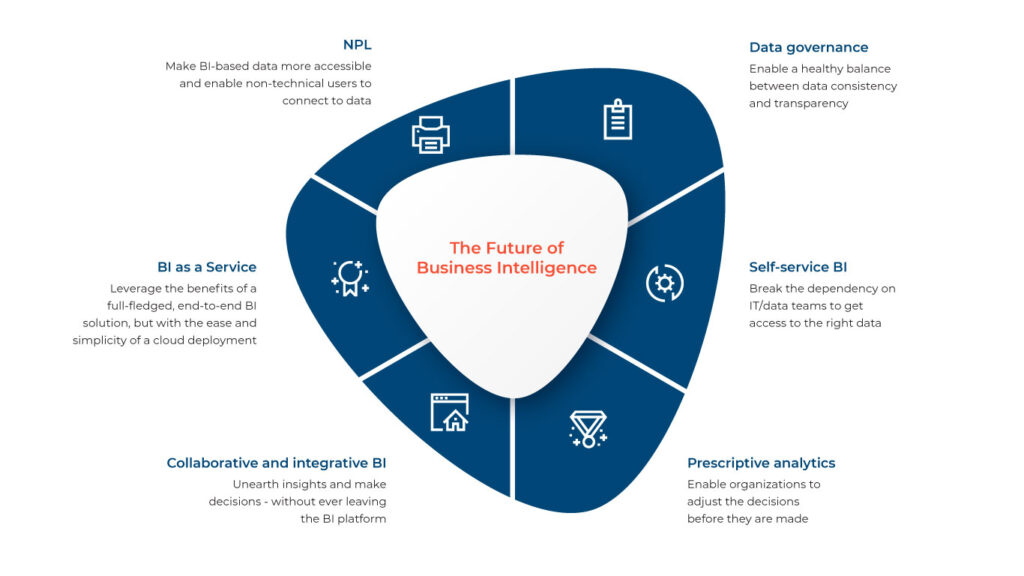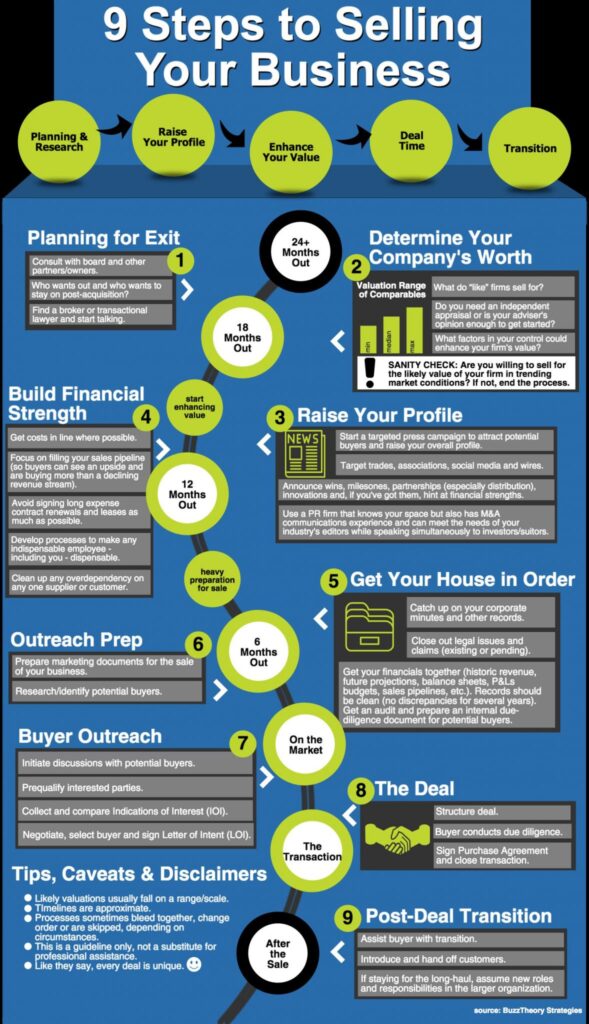The airline industry is a highly competitive and constantly evolving field that heavily relies on data-driven decision making. Business intelligence, a technology-driven process that analyzes and presents data to inform business decisions, can provide airlines with valuable insights that can be used to optimize operations, increase profitability, and enhance customer experience. From analyzing customer behavior to optimizing flight routes, there are numerous ways in which airlines can leverage business intelligence to stay ahead of the competition.
One of the key benefits of business intelligence in the airline industry is its ability to help airlines better understand their customers. By analyzing data on customer preferences, travel patterns, and purchase history, airlines can gain valuable insights into their customers’ needs and tailor their services accordingly. Moreover, business intelligence can help airlines optimize their pricing strategies, marketing campaigns, and loyalty programs to attract and retain customers, ultimately leading to increased revenue and profitability.

How Would the Airline Industry Use Business Intelligence?
Business intelligence (BI) is a powerful tool that can provide airlines with the data-driven insights needed to make informed decisions and improve the overall operations of their business. It can help airlines gain a competitive edge by providing a comprehensive view of customer behavior, pricing, operations and more. With BI, airlines can gain valuable insights on how to optimize operations, reduce costs, and improve customer service.
BI for Improved Decision-Making
Business intelligence can help airlines make better decisions. By collecting and analyzing data from multiple sources, airlines can gain insights into customer and operational trends and develop strategies for better pricing, marketing, and operations. For example, airlines can use BI to identify customer segments and target them with personalized offers. By understanding customer behavior, airlines can better predict customer needs and adjust their strategies accordingly. Additionally, airlines can use BI to monitor operations and identify areas for improvement.
BI for Optimized Operations
Business intelligence can help airlines improve their operations by providing insights into key performance indicators. By monitoring performance metrics, airlines can identify areas of improvement and develop strategies to optimize operations. For example, airlines can use BI to analyze fuel consumption and identify ways to reduce costs. Additionally, airlines can use BI to monitor maintenance schedules and improve aircraft utilization. With BI, airlines can maximize efficiency, reduce costs, and improve safety.
BI for Improved Pricing Strategies
Business intelligence can help airlines develop pricing strategies that are tailored to customer needs. By collecting and analyzing data on customer behavior, airlines can understand customer preferences and develop pricing models that are tailored to their needs. For example, airlines can use BI to identify customer segments and develop personalized pricing models for each segment. Additionally, airlines can use BI to analyze competitor pricing and adjust their own pricing accordingly.
BI for Improved Customer Service
Business intelligence can help airlines improve customer service by providing insights into customer behavior. By analyzing customer data, airlines can better understand customer needs and develop strategies to improve the customer experience. For example, airlines can use BI to identify customer segments and target them with personalized offers and services. Additionally, airlines can use BI to monitor customer feedback and identify areas for improvement. With BI, airlines can provide a better customer experience and drive customer loyalty.
BI for Improved Security
Business intelligence can help airlines enhance security by monitoring operations and identifying areas of risk. By collecting and analyzing data from multiple sources, airlines can identify potential threats and take proactive measures to mitigate them. For example, airlines can use BI to monitor operations and detect anomalies that could indicate a security breach. Additionally, airlines can use BI to analyze customer data and identify suspicious behavior. With BI, airlines can proactively address security threats and protect their customers and operations.
BI for Improved Marketing Strategies
Business intelligence can help airlines develop effective marketing strategies. By collecting and analyzing data on customer behavior, airlines can gain insights into customer preferences and develop marketing campaigns that are tailored to their needs. For example, airlines can use BI to identify customer segments and target them with personalized offers. Additionally, airlines can use BI to monitor customer feedback and identify areas for improvement. With BI, airlines can develop more effective marketing campaigns and drive customer loyalty.
Frequently Asked Questions
Business intelligence (BI) is a technology-driven process used by organizations and companies to gain insights into their operations and make better decisions. It involves collecting, analyzing, and interpreting data to gain insights into the performance of an organization. The airline industry uses BI to monitor and analyze customer behavior, understand and anticipate trends, and ensure better customer experience.
How can the airline industry use business intelligence?
The airline industry can use business intelligence to gain insights into customer data and behaviors to better understand the needs and preferences of their passengers, and to develop more personalized services. By using BI, airlines can also identify and anticipate trends in the market and make more informed decisions about flight pricing and scheduling. Additionally, airlines can use BI to monitor and improve operational efficiency, such as by analyzing fuel and maintenance costs, and by implementing automated processes to reduce costs and improve customer experience.
What data is used in business intelligence for the airline industry?
Business intelligence for the airline industry involves collecting, analyzing and interpreting data from various sources. This data includes customer data such as booking and travel history, customer feedback, and customer preferences. Airlines also use data from external sources such as weather and flight path data, as well as from their own internal sources such as operational and financial data. All of this data is used to gain insight into customer behavior, trends, and performance.
What are the benefits of using business intelligence in the airline industry?
The main benefits of using business intelligence in the airline industry are increased efficiency, improved customer experience, and better decision making. By using BI, airlines can gain better insights into customer behavior and preferences, and use this information to improve customer experience. Additionally, airlines can use BI to monitor and analyze operational and financial data to identify areas of improvement and cost savings. Finally, BI can be used to make more informed decisions about flight scheduling and pricing.
What tools are used for business intelligence in the airline industry?
There are a variety of tools available for business intelligence in the airline industry. Popular tools include data analytics platforms, such as Microsoft Power BI and Tableau, as well as customer relationship management (CRM) tools, such as Salesforce and Oracle. Additionally, airlines may use artificial intelligence (AI) and machine learning (ML) tools to automate processes and analyze customer data.
How can business intelligence help airlines make better decisions?
Business intelligence can help airlines make better decisions by providing them with insights into customer data and behaviors. By using BI, airlines can gain better insights into customer preferences, trends, and other factors that may affect their operations. Additionally, BI can be used to monitor operational and financial data to identify areas of improvement and cost savings. This data can then be used to make more informed decisions about flight pricing and scheduling.

In conclusion, the airline industry has a lot to gain from the use of business intelligence tools. By utilizing this technology, airlines can better understand their customer’s needs, improve their operations, and ultimately increase profits. With the ability to analyze data in real-time, airlines can quickly identify areas for improvement and implement changes to their business strategy.
Furthermore, the use of business intelligence can help airlines stay ahead of the competition in a highly competitive industry. By harnessing the power of data analytics, airlines can make informed decisions and gain a competitive advantage. From optimizing flight routes to improving customer service, the possibilities are endless. In today’s fast-paced world, the airline industry must stay on top of the latest technology trends to remain relevant and profitable. Business intelligence is just one tool that can help them achieve those goals.


